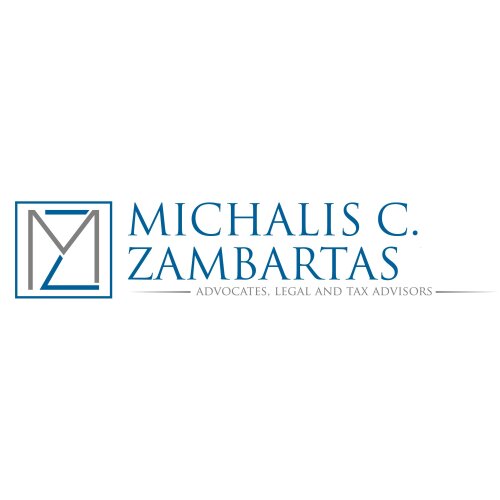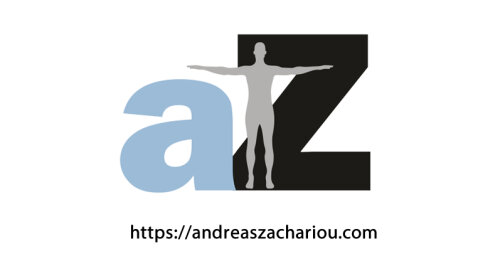Best Debt & Collection Lawyers in Nicosia
Share your needs with us, get contacted by law firms.
Free. Takes 2 min.
List of the best lawyers in Nicosia, Cyprus

Michalis C. Zambartas - Advocates, Legal & Tax Advisors
30 minutes Free ConsultationAbout Debt & Collection Law in Nicosia, Cyprus
Debt & Collection law in Nicosia operates under the jurisdiction of Cypriot law, which incorporates both local and EU regulations. These laws cater to the resolution of disputes between creditors and debtors, focusing on fair practice and ensuring both parties abide by their financial agreements. Enforcement processes in Cyprus can involve court actions, where creditors might obtain judgments to enforce collection, but there are also mediatory measures to settle disputes outside of court settings.
Why You May Need a Lawyer
Individuals and businesses may require legal assistance in debt and collection matters for a variety of reasons. Common situations include being subjected to unfair debt collection practices, disputing the validity or amount of a debt, handling bankruptcy, navigating court procedures if being sued for a debt, negotiating repayment terms, or seeking to enforce a debt owed. Legal expertise can ensure your rights are protected, and you receive fair treatment throughout the process.
Local Laws Overview
In Cyprus, debt collection processes are governed by the Civil Procedure Law, the Contract Law, and other related legal frameworks. Key aspects include:
- Statute of Limitations: Most debt claims must be filed within six years from the date the debt was last acknowledged or a payment was made.
- Interest Rates: Late payment interest is regulated under the Late Payment Directive, which harmonizes the exercise of rights by creditors in the EU.
- Enforcement of Judgments: If a creditor obtains a court judgment, it can be enforced through various methods such as garnishments or property liens.
- Alternative Dispute Resolution: Mediation and negotiation are encouraged to resolve disputes outside of court.
- Consumer Protections: Regulations exist to protect consumers from abusive and unfair debt collection practices.
Frequently Asked Questions
What should I do if I'm contacted by a debt collector?
Remain calm, verify the debt collector’s details, and request written confirmation of the debt. It's important to know your rights and obligations before proceeding.
How long can a creditor pursue a debt?
In Cyprus, creditors can typically pursue a debt for up to six years unless they’ve obtained a court judgment, which can extend collection efforts.
Can I handle collection disputes without a lawyer?
While handling minor issues might be possible, legal assistance is advised for ensuring compliance with legal procedures and protecting your rights.
What happens if litigation is initiated against me for a debt?
You will be notified via a court summons, and you should respond within the designated time. Legal advice is recommended to prepare your defense or negotiate terms.
How can a lawyer assist with debt settlement or restructuring?
A lawyer can negotiate repayment plans, reduced amounts, or other terms on your behalf, leveraging their understanding of legal rights and creditor obligations.
Is bankruptcy a viable option for dealing with overwhelming debt?
Bankruptcy can provide relief from unmanageable debt but should be considered as a last resort. A lawyer can guide you through its implications and alternatives.
Are there restrictions on debt collectors in Cyprus?
Yes, Cyprus law prohibits harassment and deceptive practices by debt collectors, ensuring they operate within legal boundaries.
What should I do if I receive a court order to pay a debt?
Consult a lawyer immediately to explore your options, such as payment plans, appeals, or disputing the order if necessary.
Can debts be consolidated in Cyprus?
Debt consolidation is an option that can simplify payments through a single creditor arrangement. A lawyer or financial advisor can help evaluate this possibility.
How are foreign debts handled in Cyprus?
Through EU regulations and international agreements, foreign debts can be enforced in Cyprus, subject to certain validation processes in courts.
Additional Resources
Consider reaching out to the following for assistance:
- Cyprus Consumer Protection Service: For guidance on consumer rights related to debt collection.
- Cyprus Bar Association: To find certified lawyers specializing in debt and collection law.
- Office of the Financial Ombudsman: For resolving disputes between consumers and financial institutions.
- Mediation Centers: For alternative dispute resolution services.
Next Steps
If you require legal assistance in debt and collection matters, start by consulting with a specialized lawyer to assess your situation. Gather all pertinent documentation related to your debt and any communications with collectors or creditors. It’s also beneficial to stay informed about your rights and obligations under Cypriot law by exploring credible resources or attending informational sessions held by local legal bodies.
Lawzana helps you find the best lawyers and law firms in Nicosia through a curated and pre-screened list of qualified legal professionals. Our platform offers rankings and detailed profiles of attorneys and law firms, allowing you to compare based on practice areas, including Debt & Collection, experience, and client feedback.
Each profile includes a description of the firm's areas of practice, client reviews, team members and partners, year of establishment, spoken languages, office locations, contact information, social media presence, and any published articles or resources. Most firms on our platform speak English and are experienced in both local and international legal matters.
Get a quote from top-rated law firms in Nicosia, Cyprus — quickly, securely, and without unnecessary hassle.
Disclaimer:
The information provided on this page is for general informational purposes only and does not constitute legal advice. While we strive to ensure the accuracy and relevance of the content, legal information may change over time, and interpretations of the law can vary. You should always consult with a qualified legal professional for advice specific to your situation.
We disclaim all liability for actions taken or not taken based on the content of this page. If you believe any information is incorrect or outdated, please contact us, and we will review and update it where appropriate.












